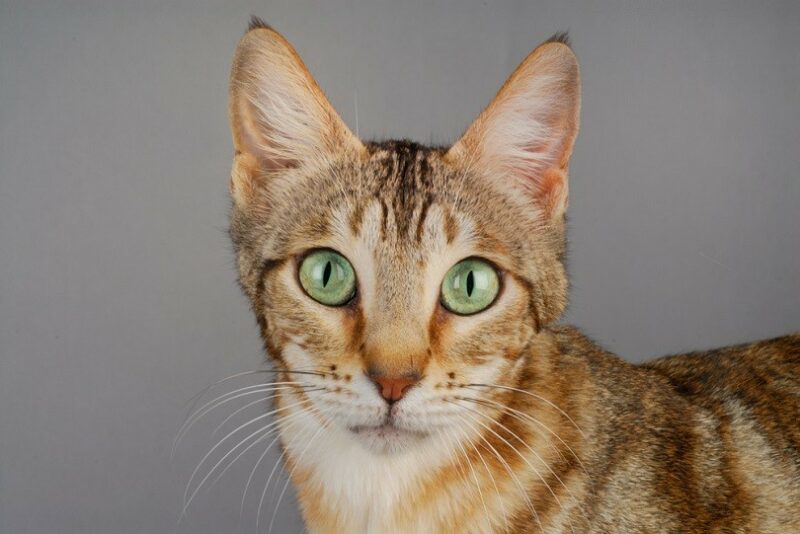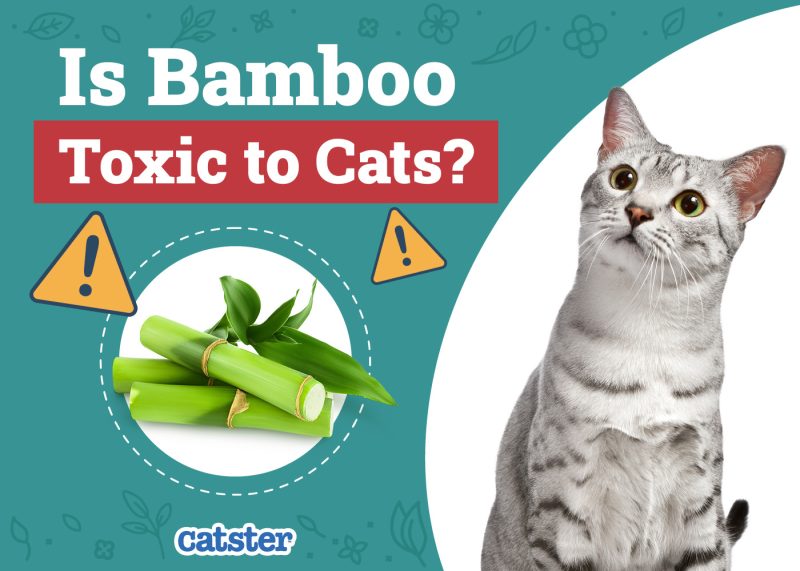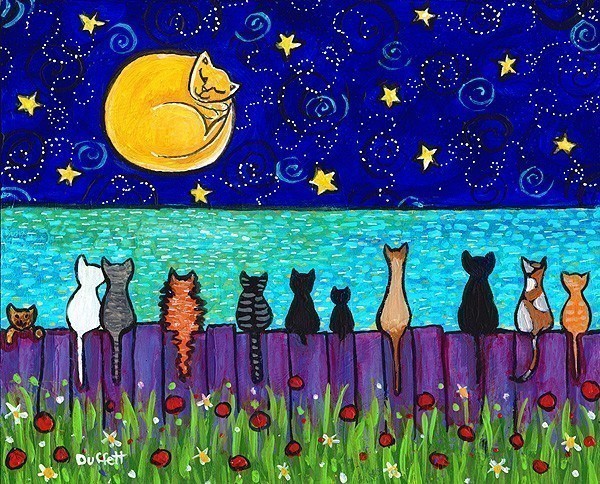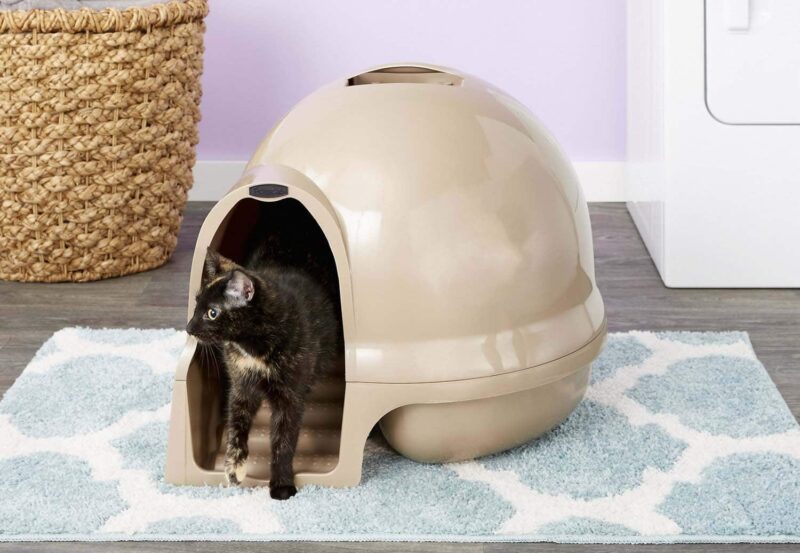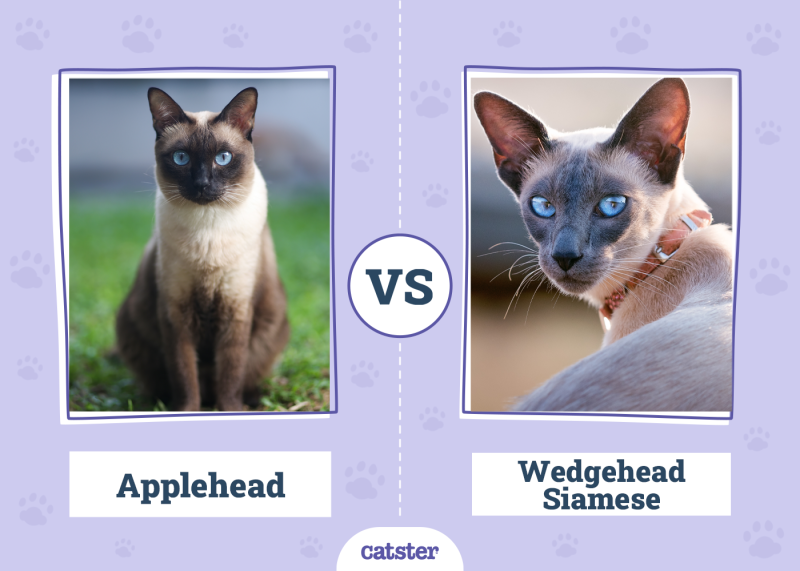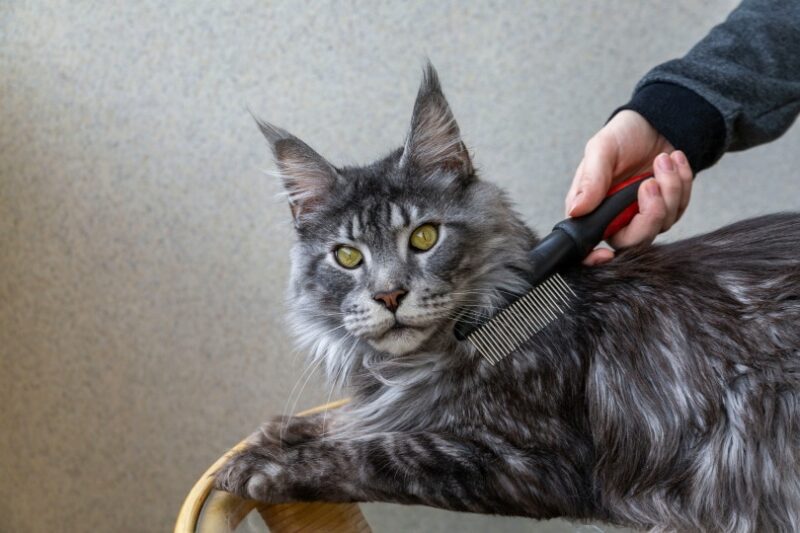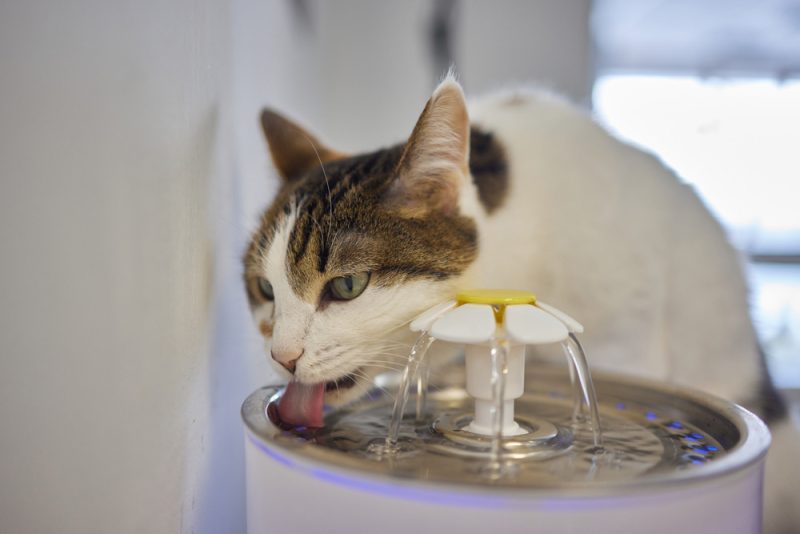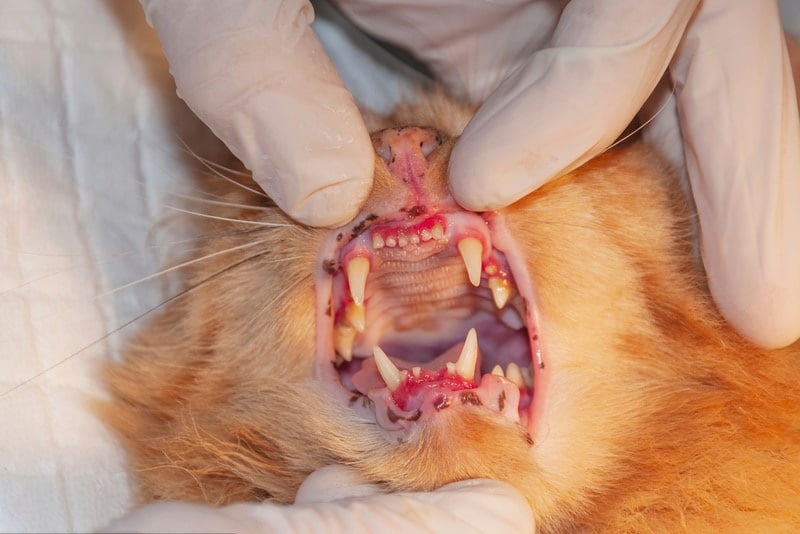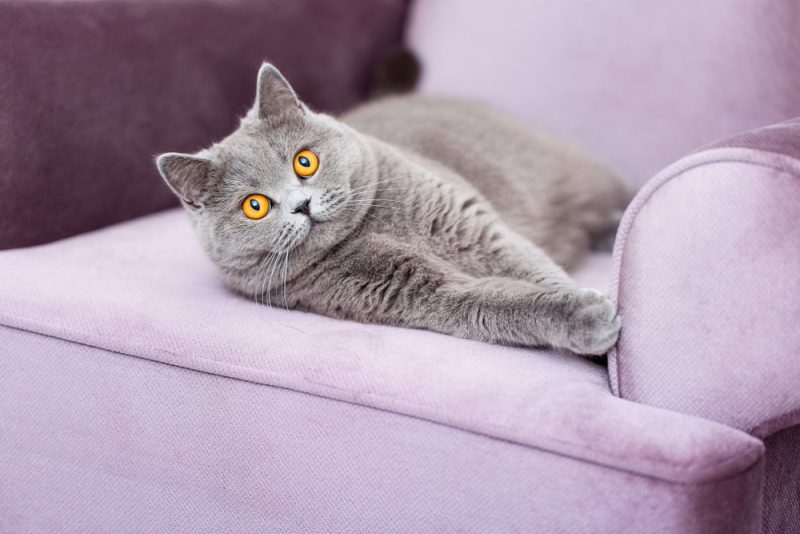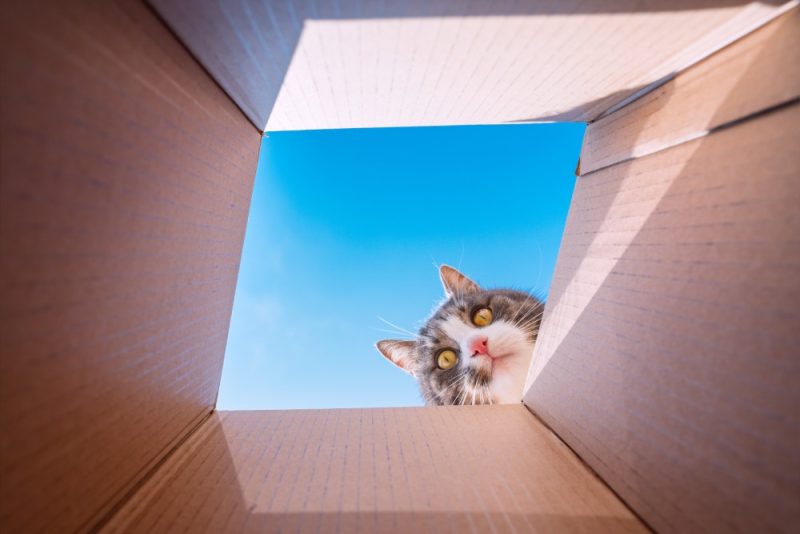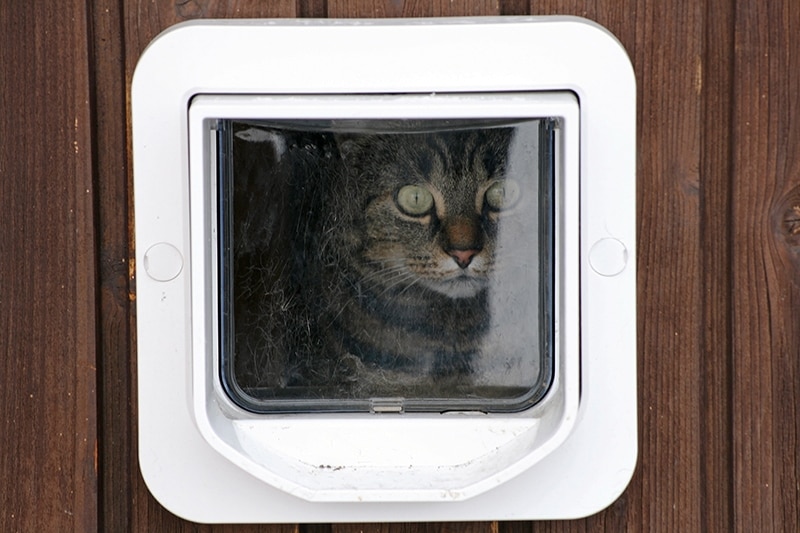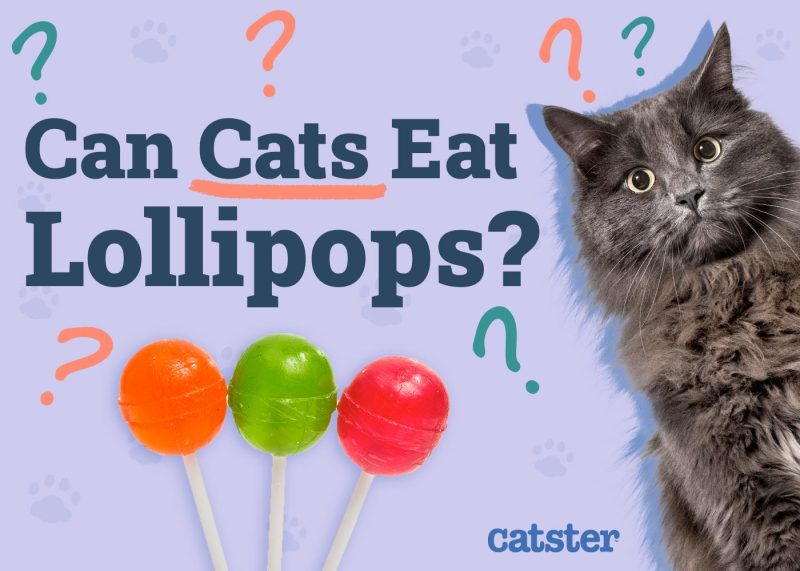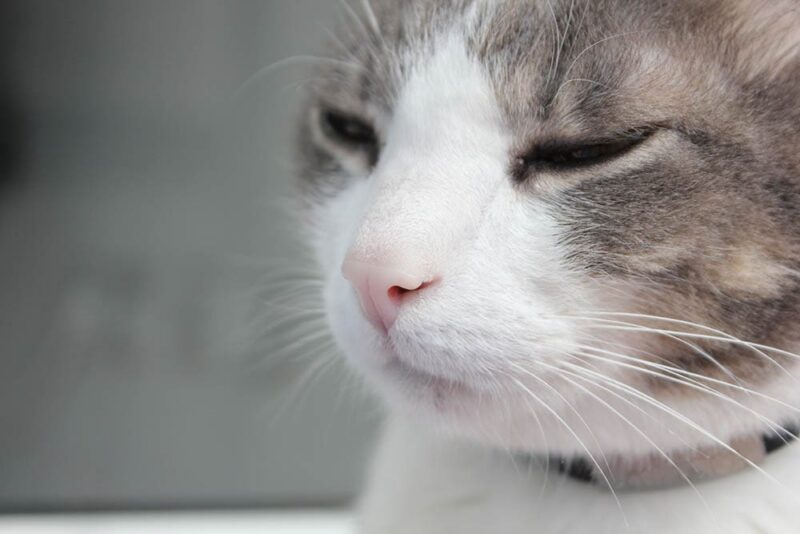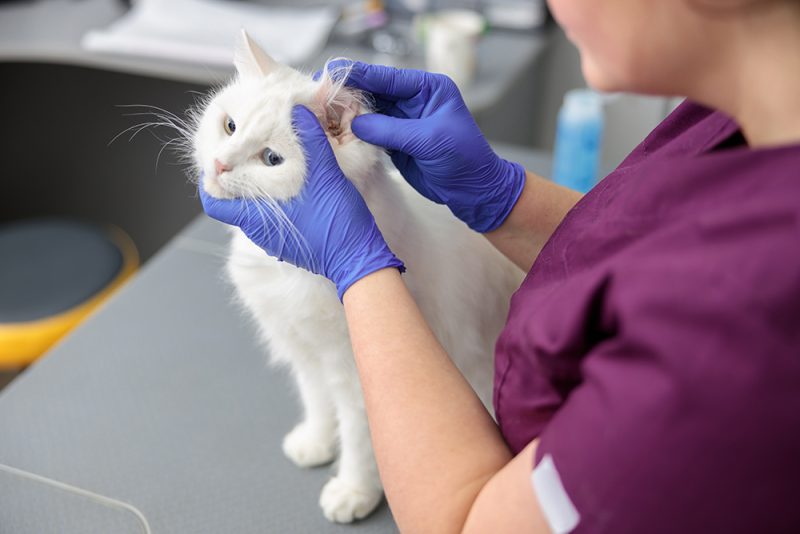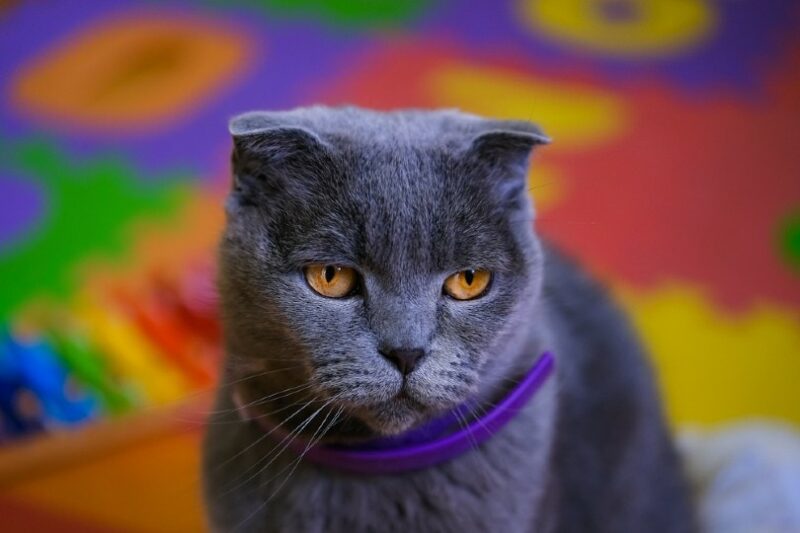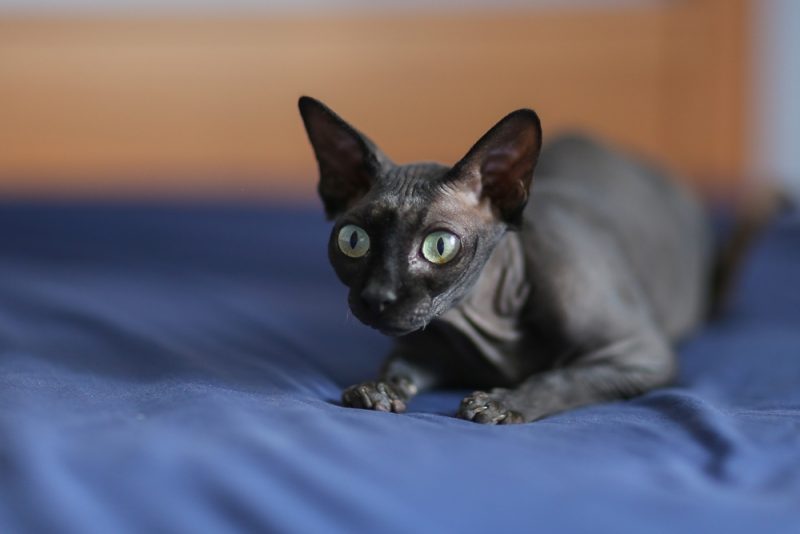In this article
View 8 More +The Sokoke is a “natural” breed of cat. In other words, it developed mostly without the intervention of people. However, today, they are completely domesticated. They are very little changed from their ancient counterparts, though.
Breed Overview
Height:
7–8 inches
Weight:
6–10 pounds
Lifespan:
9–15 years
Colors:
Brown tabby
Suitable for:
Homes with children and dogs
Temperament:
Athletic, playful, intelligent
They developed in the late 1970s. Originally, they developed from the ancient khadzonzo, which existed in eastern Kenya. They were standardized quite quickly and are recognized by the four major cat pedigree registry organizations. This breed is named after the Arabuko Sokoke National Forest. This was where the bloodline started. However, the cat was mostly developed in Denmark and the United States.
This cat typically has a brown tabby coat. They can come in some other colors, however. They can also breed with other cats, which can create other patterns as well.
Sokoke Characteristics

Sokoke Kittens
As somewhat wild felines, Sokoke cats are very active. In fact, they are some of the more active felines out there. They are also extremely intelligent. In fact, many people claim that they are some of the most intelligent cats in the world.
They are decently healthy cats, as they are bred mostly from wild stock. Generally, wild felines tend to be very healthy, as unhealthiness is usually bred out through natural selection.
Sokoke cats are not the most social animals. However, they are more social than most other felines. They tend to be pretty self-confident, which makes them far less skittish than other felines.

Temperament & Intelligence of the Sokoke
These cats are very active and playful. They are known as being “dog-like” in their behaviors. They develop very deep bonds with their people and tend to follow them around. As you might imagine, they need a lot of attention. They are not cats that you can barely pay attention to. They need significant amounts of attention all the time.
They are generally pretty adaptive. They do good in homes with children and dogs. Typically, they are good with any animal that isn’t a possible prey animal. They do have hunting instincts, so they will attempt to kill small animals.
These cats also love water. This is unusual for a cat. This can vary a bit from cat to cat, however, so it is something to keep in mind. They also love to climb and jump, so cat perches are a must. They will climb on top of your fridge and everywhere else too. So be sure to hide everything you don’t want them getting into.
Are These Cats Good for Families? 👪
Yes. These cats can be quite good with families. They are adaptable and pretty confident, so they don’t typically get upset around dogs or children. They aren’t skittish and love attention from just about everyone. They form very deep bonds with just about everyone, including children. In fact, they are likely one of the best cats you can have with children in your household.
Does This Breed Get Along with Other Pets?
Sokoke cats do fine with other cats and canines. For this reason, they are one of the best cats you can have if you also own a dog. They get along with these larger pets just fine.
They are not well-suited to smaller animals, though. They do have strong hunting instincts, which means they will attempt to hunt smaller pets.
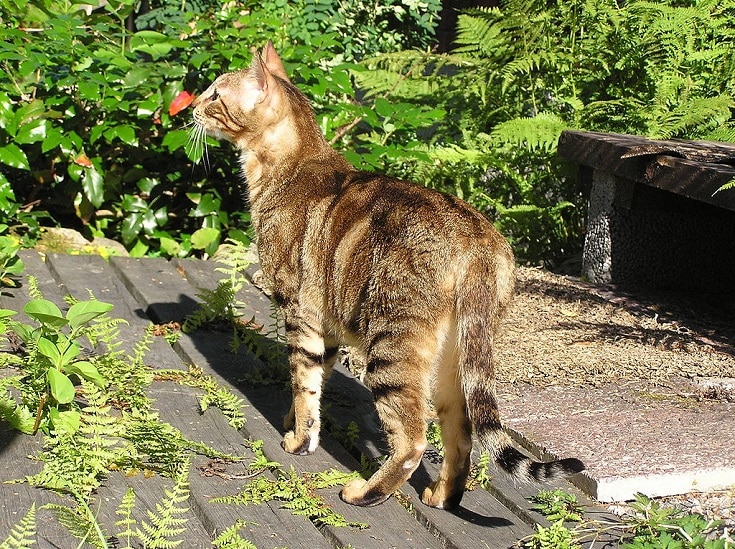

Things to Know When Owning a Sokoke
Food & Diet Requirements 
Despite their wild nature, these cats do not have specific dietary needs that other cats don’t have. In fact, they can eat just about any high-quality cat food that any other cat would thrive off of. They do not have any diet-related health problems and do not need any sort of extra nutrition. They are extremely adaptable and do fine with many different types of food.
They are typically not extremely food-driven, which can make them a bit picky. For this reason, we do recommend choosing a higher-quality cat food, as these typically taste a bit better.
Exercise 🐈
These cats are extremely active. Luckily, it does not require much encouragement to get them to exercise. Instead, they can care for their own exercise needs for the most part. Just be sure that they have plenty of room to run around and climb. This is important to ensure that they get enough exercise.
They can be leash-trained effectively as well, so they may benefit from regular walks. Cats typically don’t need to walk as far as dogs, as they prefer to explore instead. Taking your cat to a park on a leash where they can climb and explore is a great way to help them exercise.
Training 🧶
Sokoke cats are extremely intelligent. They can be trained to do just about anything you can train a dog to do. They are pretty responsive to their owners as well, so they will actually respond to the commands that they are asked. They can be leash-trained as well, and many enjoy taking walks.
With that said, they are not as trainable as some breeds of dogs. They can be a bit stubborn, which means they may not listen to what you tell them to do.
Grooming ✂️
Sokoke cats do not require any significant grooming. They are pretty good at keeping themselves clean. For the times they do get dirty, they love water so getting them in the bath is very easy. In fact, many of them love taking a bath, so you may decide to give them one even when they don’t need it. As you might imagine, this makes grooming much easier.
They can benefit from the occasional brushing session, especially when they are shedding heavily. Overall, they are very easy cats to groom.
Health and Conditions 🏥
These felines are extremely healthy. As a “natural” cat, they are far healthier than most breeds out there. For this reason, they are not actually prone to any health conditions.
This isn’t to say that they don’t get sick. They do, just like every other animal can get sick. However, they are not particularly affected by any disease or disorder when compared to other felines. Instead, they are extremely healthy.
Many people consider them to be one of the healthiest breeds of cats around. If you’re looking for a cat that doesn’t get sick often, this is one of your best options.

Male vs. Female
There is no significant difference between males and females of this breed. Males may be a bit territorial and mark more than females. However, this is the exception to the rule. These cats are typically friendly no matter what. There is no particular reason to choose one sex over the other.

3 Little-Known Facts About the Sokoke
1. Sokokes are a natural breed of cat.
These cats weren’t necessarily “bred”. However, they were developed in the wild and then domesticated. For this reason, they are far closer to wild cats than most domestic breeds.
2. These cats are very active.
These cats are extremely active. They are one of the most active breeds, so you have to be prepared.
3. They are mostly just found in Europe.
The Sokoke is usually only found in Europe. For this reason, they can be difficult to find anywhere else, including in America.
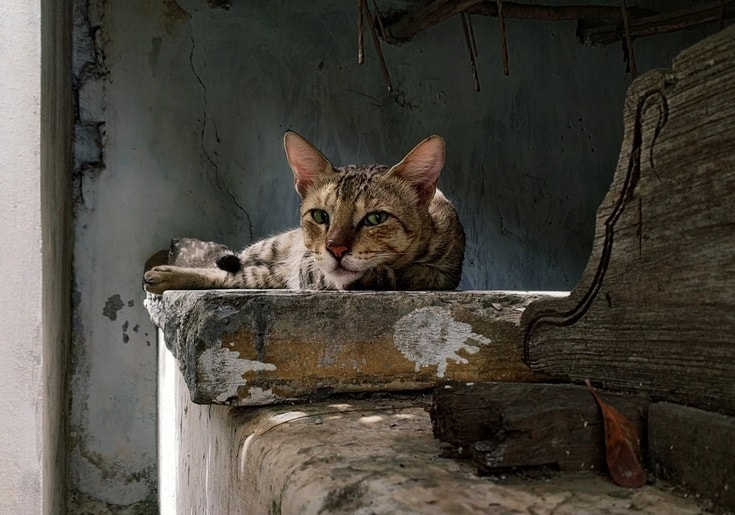

Final Thoughts
This natural cat breed is exotic but completely domesticated. If you want a cat that is as close to ancient breeds as possible, this is the one you should get. They are quite “dog-like” and love being around their people. They can become quite attached and love attention. You will know they are there.
Because of their adaptable nature, they get along with children and other pets quite well. They do have strong hunting instincts, which can be a problem for smaller pets.
They can also be somewhat difficult to find outside of Europe, as they are somewhat rare. They are not nearly as popular as some other breeds.
Featured Image Credit: COULANGES, Shutterstock
